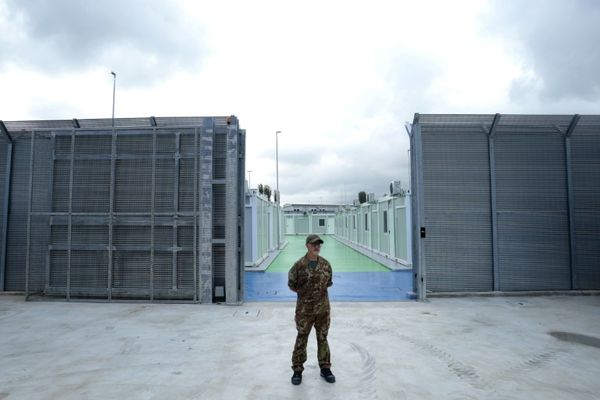In January, inflation raised the cost of energy and food by almost 1%. Over the last year, those costs are up significantly. I’m lucky to be earning more than last year due to a recent promotion, but I’m finding it harder to afford these essentials.
Families like mine were fortunate that the child tax credit was distributed monthly last year, to offset rising prices. However, the end of these payments in January disrupted the finances of families everywhere. The disruption could easily be solved by legislators if they’re willing to compromise on the credit.
SEND LETTERS TO: letters@suntimes.com. We want to hear from our readers. To be considered for publication, letters must include your full name, your neighborhood or hometown and a phone number for verification purposes. Letters should be a maximum of approximately 350 words.
There’s a lot at stake for families if the credit isn’t extended. While receiving the monthly credit, I was able to provide better nutrition for my two sons and daughter by shopping the perimeter of the grocery store for fresh foods. We normally receive well-worn hand-me-downs for our rapidly growing children, but I could afford to treat them to new clothes. Even extracurricular activities, such as after-school sports and a museum membership, could be budgeted for during better months. Now, many of those opportunities are out of reach, both for my family and for others.
Managing that grocery bill or filling our tanks with gas is much harder now. I just finished planning our budget. We are struggling to make ends meet. If it has been difficult for my family, I can only imagine the repercussions for others in harsher circumstances. Families have been thrust into a state of emergency, some without sufficient food or warmth.
I ask our representatives to take the initiative and compromise to renew the monthly child tax credit, a program that would end poverty in the U.S. as we know it.
Colyn Belknap, Loves Park
Buy electric vehicles for equity and our climate
The Chicago Transit Authority’s equity-focused transition to zero emissions vehicles and commitment to purchasing electric vehicles (EV) from high-road manufacturers should be an example for all electrifying industries across Illinois.
Their plan to electrify their entire fleet by 2040 places an emphasis on equity by prioritizing the south and west sides of Chicago, which face disproportionate levels of toxic diesel pollution. This is also the case in the working-class community of Joliet.
Joliet neighbors CenterPoint Logistics Park, the largest inland port in North America, which draws tens of thousands of trucks to Joliet’s residential roads every day. As a result, Will County is in the 98th percentile of counties with the highest diesel-related negative health impacts in Illinois. Joliet residents and workers who are on the frontlines of diesel pollution know that any EV implementation plan in Will County should mirror CTA’s plan.
CTA is procuring electric buses from Proterra, a California-based heavy-duty EV manufacturer that committed to good jobs, equitable jobs pathways and training.
In Joliet, EV manufacturer Lion Electric has announced a facility to produce electric medium- and heavy-duty trucks and buses, but so far they have made no public commitment to family-sustaining jobs. Lion needs to commit to high-road labor standards so that directly-impacted communities can pressure Will County’s warehouse industry to quickly invest in Joliet-made EVs to improve local air quality.
We need corporations across the Chicagoland supply chain to commit to a timely transition to EVs that mitigate the climate crisis while uplifting workers and surrounding communities.
Madison Lisle, Joliet







